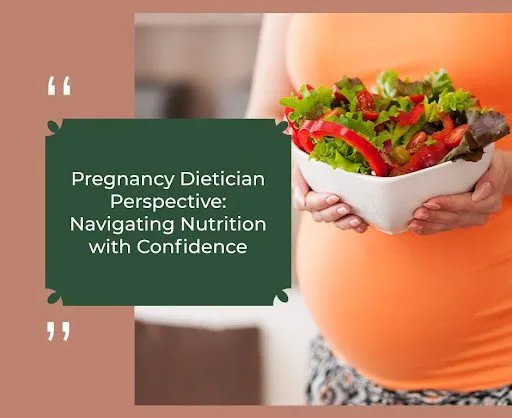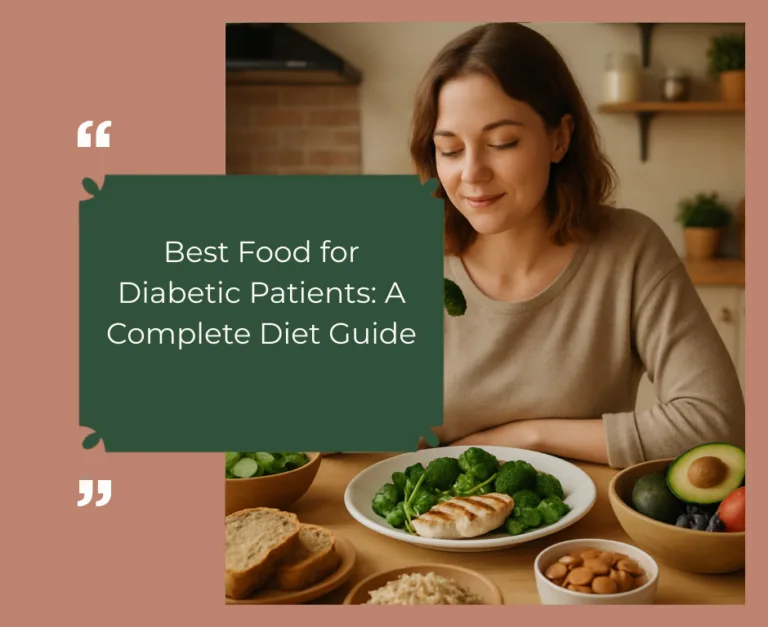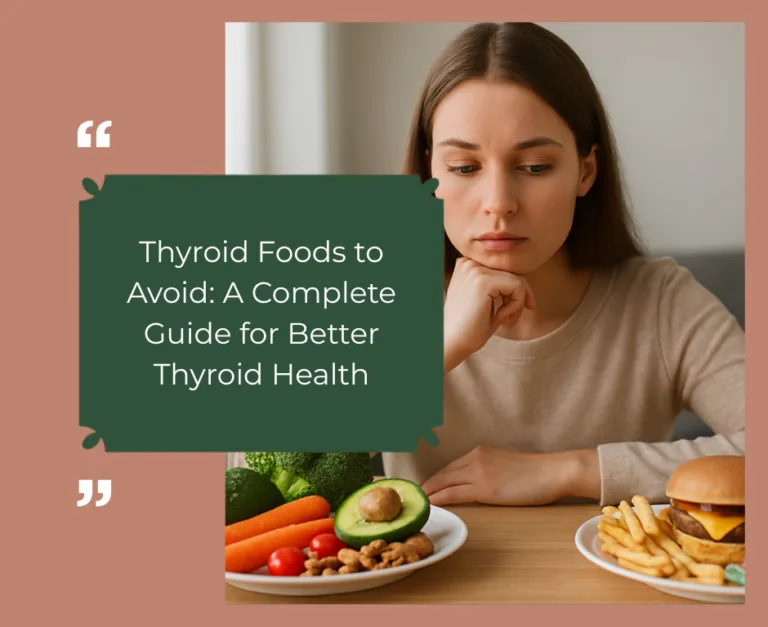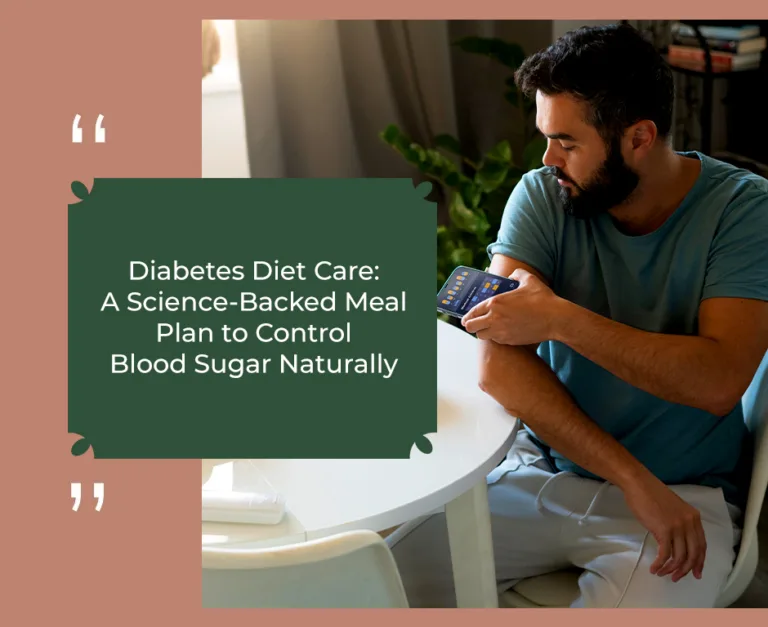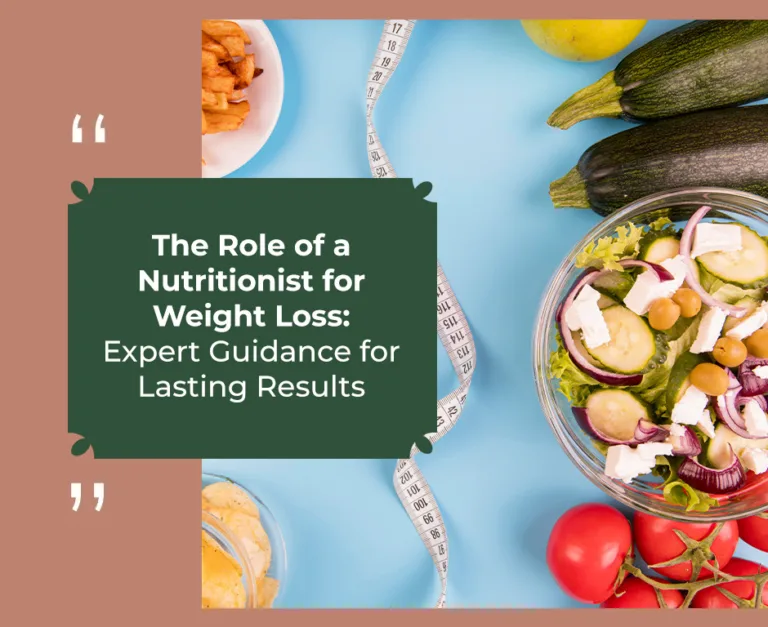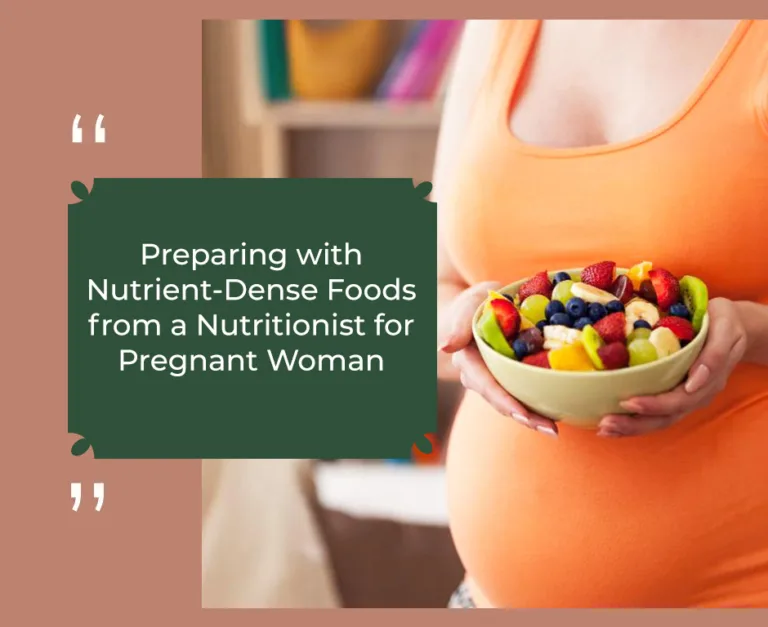Introduction:
Pregnancy is a beautiful journey that brings a multitude of changes to a woman’s body. During this crucial period, proper nutrition is essential for the health and well-being of both the mother and the baby. As a dietician for pregnancy, I am here to guide you through this journey, ensuring you have the confidence to make informed nutritional choices. At The Health Studio, we believe that understanding and implementing a balanced diet can significantly impact your pregnancy experience. Here’s how you can navigate your nutrition with confidence.
The Importance of Nutrition During Pregnancy
Pregnancy places increased nutritional demands on the body. A well-balanced diet helps in supporting fetal development, maintaining maternal health, and preparing the body for childbirth and breastfeeding. As a pregnancy dietitian, I emphasize the importance of consuming a variety of nutrients to meet these demands.
Key Nutrients for a Healthy Pregnancy
- Folic Acid: Essential for the prevention of neural tube defects in the developing fetus. Include sources like leafy green vegetables, citrus fruits, beans, and fortified cereals as recommended by our dietician for pregnancy.
- Iron: Necessary for the production of hemoglobin and to prevent anemia. Good sources include lean meats, poultry, fish, lentils, spinach, and fortified grains highly suggested by our pregnancy dietician.
- Calcium: Vital for the development of strong bones and teeth in the baby, and for maintaining the mother’s bone health. Dairy products, fortified plant-based milks, tofu, and almonds are excellent sources.
- Protein: Supports the growth of fetal tissue, including the brain. It also helps with the growth of maternal tissues and the placenta. Incorporate lean meats, poultry, fish, eggs, dairy products, legumes, and nuts into your diet.
- Omega-3 Fatty Acids: Crucial for the baby’s brain and eye development. Include sources such as fatty fish (like salmon), flaxseeds, chia seeds, and walnuts.
- Vitamin D: Supports the immune system and helps with the absorption of calcium. Sunlight exposure, fatty fish, fortified milk, and egg yolks are good sources.
Practical Tips for a Healthy Pregnancy Diet
As a pregnancy dietitian, I recommend the following practical tips to help you maintain a healthy diet throughout your pregnancy:
- Stay Hydrated: Drink plenty of water to stay hydrated and support your body’s increased blood volume. Aim for at least 8-10 glasses of water a day preached by dietician for pregnancy.
- Frequent Small Meals: Eating smaller, frequent meals can help manage morning sickness and prevent heartburn. Keep healthy snacks like fruits, nuts, and yogurt handy as recommended by pregnancy dietician.
- Avoid Certain Foods: Stay away from foods that pose a risk of foodborne illnesses, such as raw or undercooked meat, fish with high levels of mercury, unpasteurized dairy products, and certain soft cheeses.
- Limit Caffeine: Limit your caffeine intake to 200 mg per day (about one 12-ounce cup of coffee) to reduce the risk of miscarriage and low birth weight.
- Supplement Wisely: Prenatal vitamins can help fill any nutritional gaps, but they should not replace a healthy diet. Consult pregnancy dietician before starting any supplements.
Navigating Nutrition with Confidence
Navigating pregnancy nutrition can feel overwhelming, but with the guidance of a dietician for pregnancy, you can approach it with confidence. At The Health Studio, we provide personalized nutrition plans to support you through each trimester, ensuring you and your baby get the nutrients you need.
Remember, every pregnancy is unique, and your nutritional needs may vary. By focusing on a balanced diet and following the advice of a pregnancy dietitian, you can promote a healthy pregnancy and set the foundation for your baby’s development.
If you have any questions or need personalized nutrition advice, don’t hesitate to reach out to our team at The Health Studio. We’re here to support you every step of the way.

